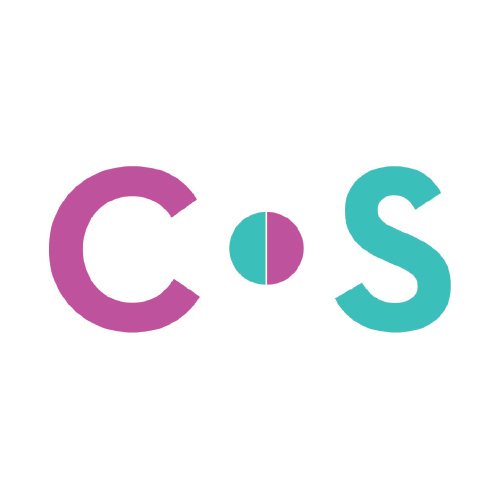Everything you need to know about submitting income tax returns when working as an independent contractor care or support worker.
Submitting a tax return is not the funnest thing in the world to do. We know!
Income Tax returns covering the financial year from 1 July to 30 June and are due by 31 October 2018. If you work as a support worker on Careseekers, before you bury your head in the sand and choose to ignore the task altogether, please read on and you will see it’s really not that hard.
Depending on contractual arrangements, care workers can be employees or sole traders, or both. The work you are doing on the Careseekers platform you are doing as a sole trader ( or as we like to refer to it, an independent contractor.)
As a sole trader you need to be on top of your income tax obligations. This includes putting aside some cash for your end of year tax bill as no one is withholding tax on your sole trader income during the year which means you could end up in a large tax payable position at the end of the year. This is particularly important in your first year of being a sole trader before you enter the PAYG instalments system.
The following information will help you to complete your income tax return. There are two main parts - income and deductions:
Income
As a sole trader:
● You need to report the income earned under your ABN in the sole trader business schedule section of your income tax return. Careseekers can provide you with a summary of all the work you have invoiced for through the platform in the last financial year. Just ask us!
● If you were registered for and paid GST during the year you would include the GST exclusive amount in your tax return. If you did not pay GST you would report the total amount.
Deductions
The following are examples of work-related expenses which you might be able to claim an income tax deduction and GST back on as a healthcare worker earning income as a healthcare professional.
- What potential deductions can I claim on my tax return?
● car expenses for work-related travel (this does not include travel between home and work)
● occupation-specific or protective clothing
● cost or repairing and cleaning clothing
● course fees for self-education related to work and accompanying stationery, home office and travel expenses
● commissions and fees paid to job placement agencies
● annual practising certificate fee
● capital items used for work e.g. computers, telephones, professional library, stopwatches, fob watches
● first aid courses
● overtime meal allowance expenses
● seminars, conferences and training courses
● stationery e.g. pens, diaries, logbooks
● magazine and journal subscriptions related to work
● work-related phone calls and phone rental
● union and professional association fees
● tax agent fees
Note: Each deduction is subject to its own set of rules. You may only claim these expenses if they are necessary for work. If they are used for personal and work related purposes, you may claim the portion that is related to work.
